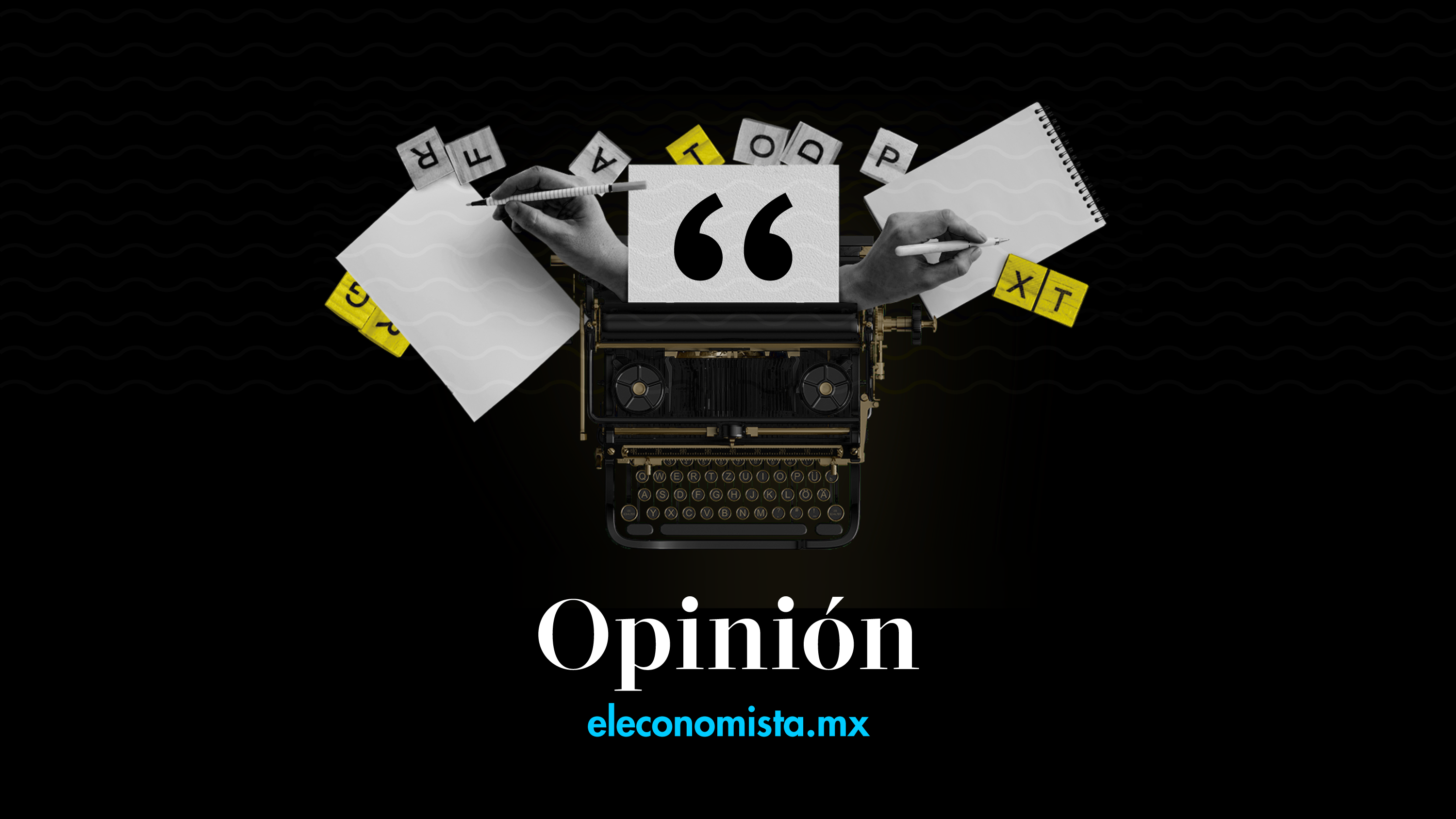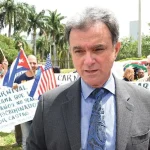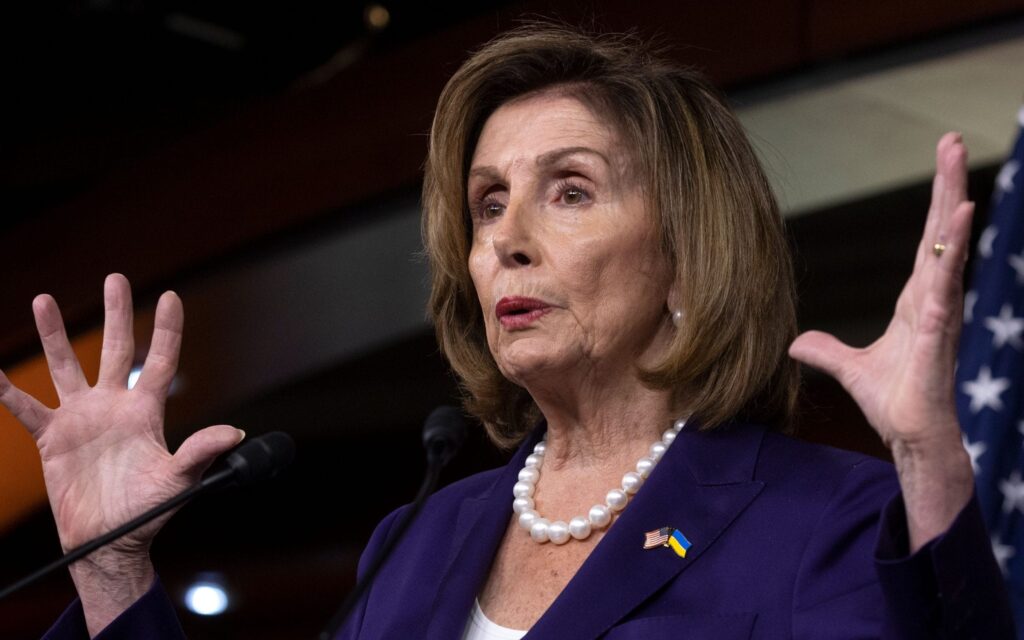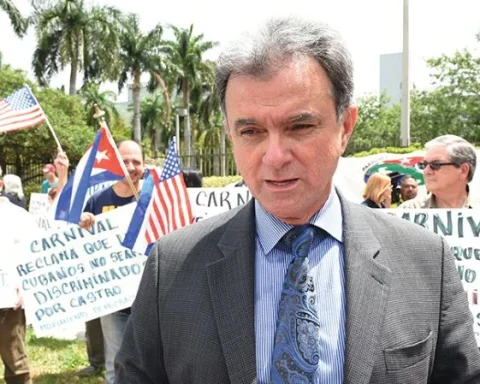If the expectations of the analysts periodically consulted by the Bank of Mexico are met, that of Andrés Manuel López Obrador will be the administration with the lowest economic growth in the last 6 administrations.
If the expectations of the July 2022 survey for the years 2022-20224 are fulfilled, Mexico would have a total growth in the six-year term of 1.45% real, equivalent to an average annual growth of 0.24%, the lowest on record with the GDP series in INEGI and calculation of the Base Bank.
According to the latest survey, analysts left their expectations for this year unchanged, at 1.80 percent, but for 2023 they lowered them from 1.90 to 1.60 percent.
If such forecasts come true, the current government will have had the worst economic performance, including the six-year term of Miguel de la Madrid Hurtado, who marked the transition from populist governments to neoliberal or technocratic governments.
Luis Echeverría Álvarez and José López Portillo, were characterized by taking economic decisions from Los Pinos –the then official residence of the President of the Republic–.
Echeverría and López Portillo registered growth rates at the end of their six-year terms of 5.95% and 6.48%.
Both caused severe economic crises. From Madrid he inherited a country that was over-indebted, in crisis and with the banking system in the hands of the government.
He had to take drastic measures, budget cuts, began the sale of parastatals and joined Mexico to the General Agreement on Customs Tariffs (Gatt).
With such inheritances and the foundations of what would be the neoliberal period, it was barely enough to achieve a growth of 0.58% of the average GDP. The López Obrador government began with a hopeful speech for those who have less and for those who accumulate more. .
He told the former that he would better distribute the wealth. To the latter, he assured them that he would not change the rules of the game, he would respect the North American Free Trade Agreement, the energy opening carried out by the previous government and the oil and electricity contracts.
In fact, it applies an unorthodox scheme to distribute huge and growing amounts of money through many social programs that have barely managed to alleviate the effects of economic difficulties and the health crisis.
And, contrary to what was promised, everything indicates that it will face its commercial partners in the T-MEC and will fight for what it identifies as energy sovereignty.
At the economic level, the current government has taken up the decisions on the matter, directly.
It is based on basic premises: no to the increase in debt; no to the increase or the creation of new taxes and a campaign to control large taxpayers.
In this sense, it has maintained a much stricter policy than that of the neoliberal governments.
Although in spending, opacity and specific orientation to its flagship works and social programs, it has reduced the operating margins of public finances, which from the point of view of specialists, register serious risks.
Since the beginning of his administration, he has canceled the oil rounds, the long-term auctions in the electricity market and has taken endless administrative measures to limit the participation of private investors. In addition to his energy policy, he has taken various measures in against private initiative.
The last one is to temporarily control the water concessions and the expropriation of land for the Mayan Train.
Based on the data for the second quarter and first half of the current year, which reveal a growth of almost 2% (1.9%), the Treasury maintains its optimistic forecasts.
The floor for this year is 2% and upwards from there. A key element will be what happens in the US and Canadian consultations regarding Mexico’s energy policies.
We will see if the Mexican government manages to settle the differences in the consultation stage; or if it reaches the dispute resolution stage.
Mexico’s growth and future depend on the continuity of the trade agreement.
We will see.
Journalist
Rich and Powerful
He has worked continuously in newspapers, magazines, radio, television and the Internet, in the last 31 years he has specialized in business, finance and economics. He is one of the three hosts of the program Alebrijes, Águila o Sol, a program specialized in economic issues that is broadcast on Foro TV.

















